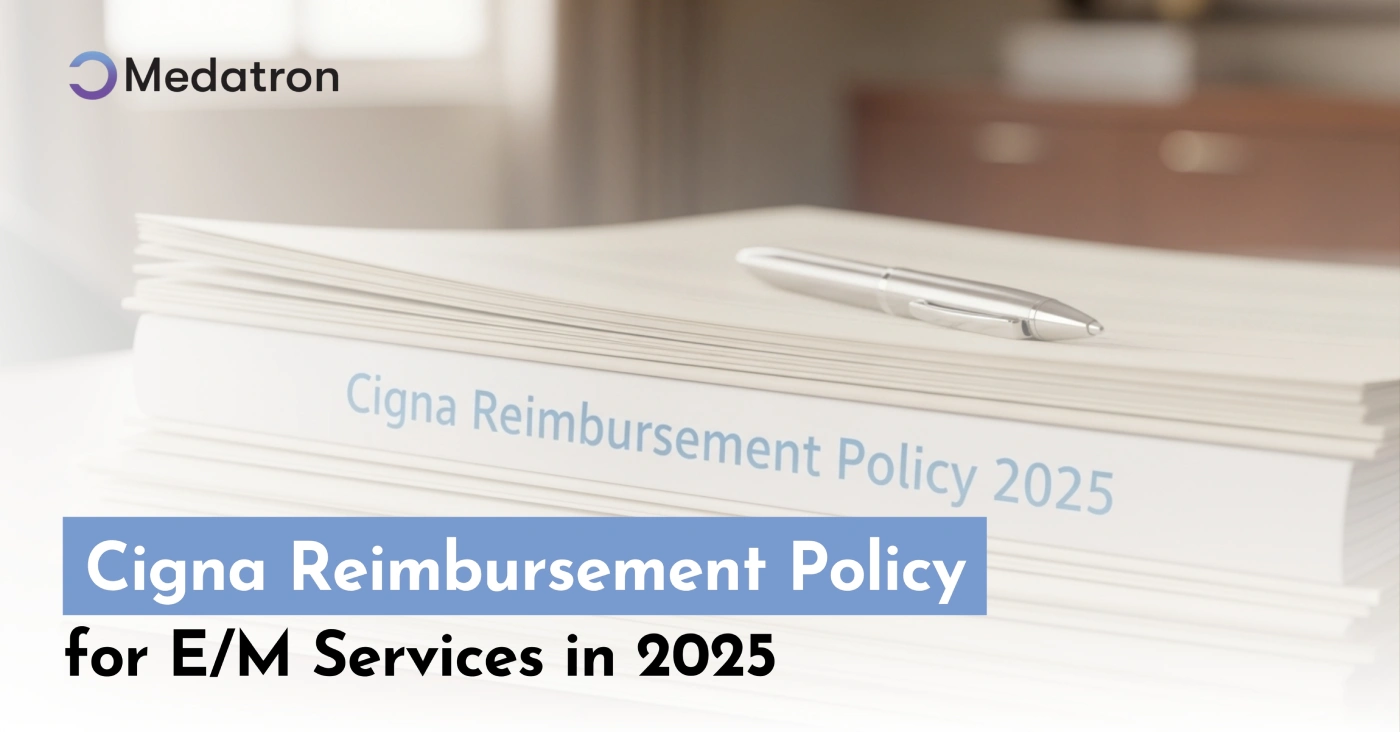In the complicated world of medical billing, modifiers play a vital role in ensuring that claims are processed accurately and in compliance with insurance guidelines. One such modifier is Modifier 62, which is used when two surgeons are required to perform different parts of the same procedure or when a single procedure requires the expertise of two specialists. In this blog, we’ll take an in-depth look at what it is, when it’s used, and how it affects medical billing.
What is Modifier 62?
It refers to a surgical modifier that implies a situation in which two surgeons have separately utilized their specific services to undertake one surgical operation. These often occur when complex surgery operations are involved, where more than one organ is affected. Or there might be involvement with multiple organ systems, hence requiring special types of skill. However, it requires that the supporting documentation to the claim justify the reasonableness for two providers to operate on the same patient simultaneously, as specified by the Medicare Physician Fee Schedule Database (MPFSDB).
Why Modifier 62 is Important in Medical Billing:
The proper use of it ensures proper reimbursement since it explains what the two doctors did. It indicates that the services provided were done by two surgeons, and both will receive the proper compensation for their work since, although each would be paid for their work, they would normally be paid at a discounted rate, typically around 62.5% of the allowed amount for one specialist.
This medical practice ensures that claims are not rejected or delayed due to a lack of clarity regarding the involvement of two surgeons by properly applying Modifier 62.
When to Use Modifier 62?
It is used under the following conditions:
Two Surgeons Perform Different Parts of the Same Procedure
This is the most common use of it. For instance, in a complex surgery such as spinal fusion surgery, one specialist can prepare the spine while the other performs the fusion.
One procedure necessitates two specialists
Some procedures require the expertise of two specialists. For instance, a cardiothoracic and vascular surgeon may be required to carry out a combined procedure like heart bypass surgery where both are involved in different aspects of the surgery.
High Complexity Procedures
It applies when a procedure is too complex or risky for one surgeon. It indicates that two professionals are needed to ensure safety and efficiency. A good example is pancreatic surgery or certain organ transplants, where expertise in multiple fields is required.
How Does Modifier 62 Affect Payment?
When it is applied, both specialists are paid for participation but at a reduced rate. Instead of receiving the full charge for the service, each doctor receives 62.5% of the scheduled fee for the surgery. However, the rate of reimbursement depends on the specific insurance company, but the standard is the same.
Guidelines for Applying Modifier 62
Both Surgeons Should Carry Out Significant Parts of the Procedure
Apply it only when both surgeons contribute to the procedure. It is inappropriate if one doctor performs most of the work and the other has a minimal role. The surgeons must perform distinct parts of the surgery requiring specific skills.
Documentation Must be Clear
The medical records and the operative report must detail each surgeon’s specific contributions. Documentation should detail each surgeon’s role in the procedure to avoid confusion or insurer denials.
No Double Billing
It applies when two surgeons are required for a procedure, but neither can charge for the entire procedure alone. They will receive separate payments but at a lesser pay than a sole specialist.
Insurance Requirements
Insurance companies vary on the use of it. Some payers set specific rules for when and how to use it, and they may only pay for procedures with two surgeons if the payer specifically requires it. Always check with the payer for requirements before filing a claim.
Example of Modifier 62 in action
Let’s look at an example to understand how we use it.
Scenario:
A bariatric surgery is performed on a patient. This procedure needs two surgeons;
- One surgeon performs the gastric part.
- Another surgeon performs the intestinal part.
In this scenario, both specialists will significantly contribute to the procedure, and both must be paid for their services. The surgical team codes with Modifier 62 to indicate that two surgeons are involved in the procedure. Both specialists are paid, with each receiving 62.5% of the allowed amount.
Potential Problems
While it is a good resource to ensure appropriate reimbursement, there are some issues with using this:
Confusion in Billing:
Sometimes, two surgeons’ involvement can create confusion regarding billing and splitting responsibility. Both physicians’ roles must be well-defined in the medical files.
Insurance Denials:
Some insurers may be very particular about the use of Modifier 62. If there is any question about the need for two surgeons, the claim may be denied, resulting in delayed or denied payments.
Coordination Between Surgeons
Since two specialists are involved in the procedure, coordination between them is necessary. If there is no communication or documentation of what each doctor did, it may cause problems with billing and reimbursement.
Commonly Used CPT Codes with Modifier 62
The following are examples of CPT codes in which it might be used:
- CPT 47562: Laparoscopic Cholecystectomy (Gallbladder Removal)
- CPT 43244: Upper Gastrointestinal Endoscopy with Biopsy
- CPT 28515: Surgical Treatment of Fracture of Foot or Ankle
These codes can be applied to complex surgeries requiring several specialists or surgeons’ services.
How Medatron Assists with Modifier 62 for Co-Surgery Claims
Medatron helps guide healthcare providers through the details of Modifier 62 when two surgeons are needed for a procedure. It ensures correct coding and appropriate documentation when applying it to describe shared responsibility and skill between two surgeons involved in the treatment.
It not only helps maximize reimbursement but also complies with Medicare and other third-party payer requirements. Medatron tools and services make the discovery of applicable surgical procedures smoother while ensuring the right billing practices to reduce claim rejections or audits.
Conclusion
Modifier 62 is an essential tool for medical billing. It ensures that two surgeons are paid appropriately for their collaboration in complex cases. Properly using it can prevent payment denials, and doctors will be compensated for their specialized work. To avoid problems with insurance companies, it is essential that the role of each surgeon is documented and meets all payer guidelines.
At Medatron, our experts understand when and how to apply it, thus saving time while reducing claims issues and fair compensation for healthcare providers.







